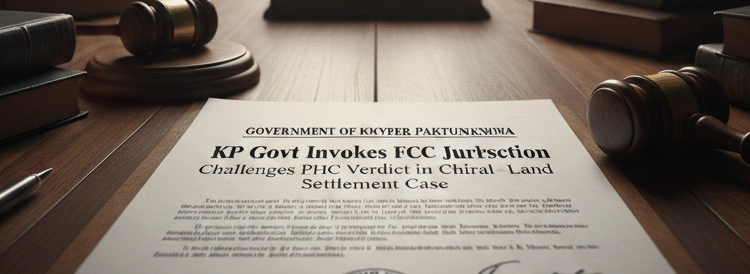Principal Law Officer of Pakistan has been urged to accelerate process to ascertain reasons behind disparity in private Hajj quota distribution matter in pursuance of the Supreme Court directives – especially when the incumbent government has announced Hajj Policy 2025.
During October 10 this year, Supreme Court sought Attorney General for Pakistan (AGP) assistance in response to pleas that claimed some Hajj operators monopolized the quota through connivance of Ministry of Religious Affairs (MORA) and Hajj Operators Association Pakistan (HOAP).
The petitioners informed the AGP office saying despite lapse of an entire month, no action has been taken so far in response to the top court directives whereas incumbent government has announced the Hajj Police 2025 and will allocate the private Hajj quota soon. They are of the view the issue should be resolved before Hajj quota allocation in result of recently announced Hajj policy.
It is worth mentioning that a group of 12 registered private Hajj operators invoked jurisdiction of top court through a contempt of court petition urging for action against a registered association HOAP for alleged cartelisaion of the quota those seeking to attempt Hajj privately and to prevent the allocation of the quota to those who are not registered with the association.
The petitioners noted that out of a total of almost 2000 registered and MORA licensed Hajj operators, mere minority of around 800 Hajj operators – members of HOAP – receives the private Hajj quota. Pertinently mentioned, the private Hajj quota is to be distributed among all the Hajj operators as held by the Supreme Court in the famous Dossani Case (PLD 2014 SC 1) and the subsequent Arif Idrees Case (2017 SCMR 1379).
In their contempt of court petition, the petitioners, led by the Daanish Hajj Services from Charsadda, point out that Saudi Arabia annually allocates a quota of as many as 90,000 pilgrims to Pakistan for the annual Hajj pilgrimage. They informed the court the government further divides this quota, retaining a portion allocated under price-controlled government offering and the rest to private tour operators, who charge their fees per the services provided or those afforded by their clients.
They claimed that this cartel was allegedly conniving with certain government officials to ensure that some 1157 other hajj operators, who are registered with the government but are not members of the HOAP, did not get any share in the quota.
The petitioners alleged that this monopolisation of private hajj tours was responsible for making Hajj expensive. If a larger pool of Hajj operators were freely competing with each other, they claimed, it would inevitably lead to better services at more affordable prices for the pilgrims.
Substantiating their claim the petitioners cited Supreme Court decision including Dossani Travels Pvt. Ltd. versus Messrs Travels Shop (Pvt) Ltd (PLD 2014 SC 1), in which the top court held that discrimination between the HOAP members and other Hajj operators was unreasonable. A few years later, in ‘Muhammad Arif Idrees & Others versus Sohail Aamir and Others (2017 SCMR 1379), the Supreme Court reiterated saying “there is absolutely no basis, rationale or justification to continue to grant quota only to those who have been granted such quota earlier also, as is presently done…”.
Despite these orders, the petitioners claimed that the accused had, over the past decade, sought to exclude those Hajj group organisers who are not part of the cartel from receiving any quota worth mentioning. Left with no other avenue, the petitioners claimed they were filing the contempt petition in the Supreme Court urging it to implement its order.





